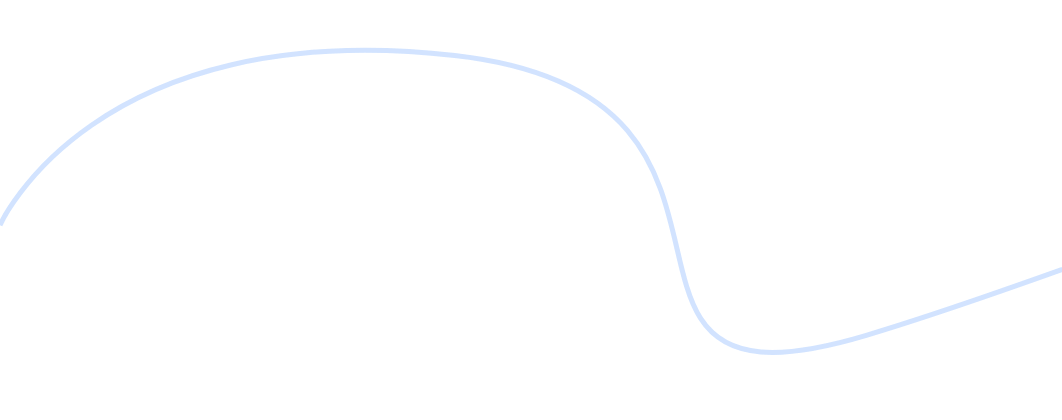DCD
General knowledge about DCD


DCD is commonly acknowledged as a condition tha affects the coordination of movement. It occurs when the brain fails to properly send information to the body, leading to difficulties in organising and executing physical actions. These issues may be connected to difficulties related to language, perception, and thinking. It is an illness that affects the neurological processes involved in praxis, which is the planning of movement to fulfil a certain notion or aim. This disorder may impact the ability to acquire new abilities and execute ones that have already been mastered. To be more precise, it is a condition that affects the ability to plan and execute purposeful movements, known as praxis. This includes the process of creating an idea of how to use a known movement to accomplish a desired goal, planning the necessary actions to carry out the idea, and actually doing the planned movement.
DCD may impact several aspects of development, including the physical, intellectual, emotional, social, linguistic, and sensory domains. It can also hinder the typical learning process. This disorder is not a homogeneous condition, unlike measles or chicken pox, when all afflicted individuals exhibit the same symptoms.

DCD and Motor Skills
Throughout history, movement has played a crucial role, often overlooked but essential. Motor skills are fundamental for daily activities, enabling us to interact with others and the world around us. Our capacity to navigate our environment, manipulate objects, and engage with people shapes our perception and comprehension of the world. Despite its omnipresence, we often underestimate the significance of this ability. However, when motor skills deviate from the norm, it can have significant implications. It is crucial for sports staff to understand these implications in order to provide quality content for kids from an early age.
Motor skills encompass a broad spectrum of abilities related to movement and coordination, including both fine motor skills, which involve precise and coordinated movements of the hands and fingers, and gross motor skills, which involve larger movements of the body such as walking, running, jumping, and balancing.
Individuals with DCD often experience delays or difficulties in acquiring and executing motor skills compared to their peers. These challenges can manifest in various ways, impacting their ability to perform everyday tasks that require coordination, balance, and control over their movements. For example, tasks like tying shoelaces, catching a ball, riding a bike, using utensils, or participating in sports may be particularly challenging for individuals with DCD. Children and adults with DCD may exhibit symptoms such as clumsiness, uncoordinated movements, poor hand-eye coordination, and difficulties with tasks that involve sequencing, planning, and executing movements. These challenges can extend beyond physical activities to affect academic performance, social interactions, and overall quality of life. Therapeutic interventions, such as occupational therapy and physical therapy, play a crucial role in addressing motor skill difficulties in individuals with DCD. These interventions are designed to improve coordination, balance, strength, motor planning, and overall motor proficiency. Occupational therapists and physical therapists work with individuals to develop strategies and exercises that target specific motor skill deficits, helping them build confidence and independence in performing daily activities.
Motor skills encompass a broad spectrum of abilities related to movement and coordination, including both fine motor skills, which involve precise and coordinated movements of the hands and fingers, and gross motor skills, which involve larger movements of the body such as walking, running, jumping, and balancing.
DCD and Sports Environment
Children with Developmental Coordination Disorder (DCD) face a multitude of challenges when engaging in sports activities due to the impact of the condition on their motor skills, coordination, balance, and spatial awareness. The fundamental motor skills essential for sports, such as running, jumping, throwing, catching, and kicking, can be particularly daunting for children with DCD, leading to difficulties in keeping pace with their peers and executing sports-related tasks accurately. The coordination issues associated with DCD make it challenging for these children to perform complex movements required in sports, affecting activities like dribbling a ball, swinging a bat, or coordinating movements during team sports.
Motor skills encompass a broad spectrum of abilities related to movement and coordination, including both fine motor skills, which involve precise and coordinated movements of the hands and fingers, and gross motor skills, which involve larger movements of the body such as walking, running, jumping, and balancing.

Useful Links
Subscribe Now
Don’t miss our future updates! Get Subscribed Today!
©2024. dyspraxia.world
